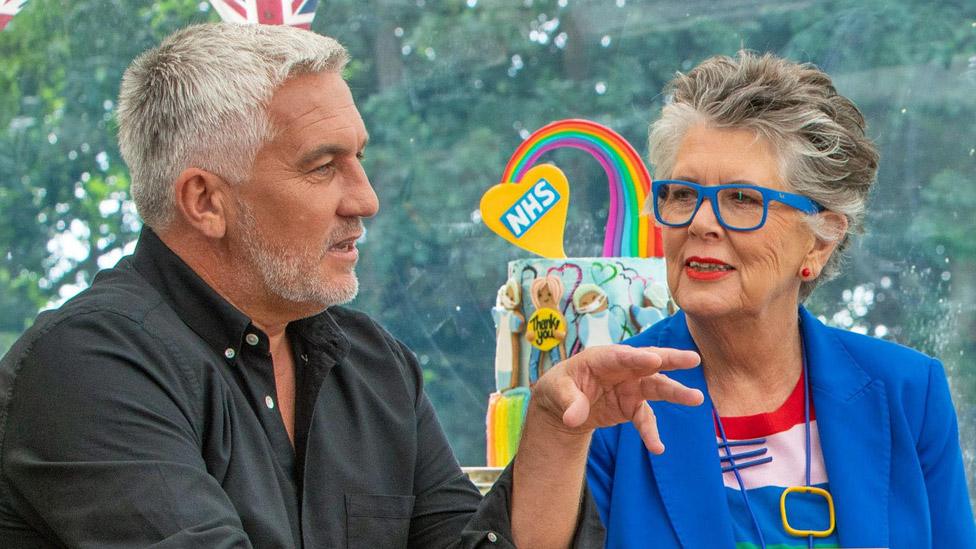Channel 4 future: Government considers privatisation as consultation opens
- Published

Channel 4 has said We Are Lady Parts was an example of representation that could be lost if the channel were to be privatised
The government is considering the sell-off of Channel 4 as it opens a public consultation into its future.
The channel, founded in 1982, is funded by advertising but is publicly-owned.
The Department for Culture, Media and Sport (DCMS) said the threat of the changing media landscape, including streaming, had led to the review.
Culture secretary Oliver Dowden said it was the right time to "consider releasing Channel 4 from the constraints of public ownership".
He added: "The media world has changed immeasurably since Channel 4's creation in the early 1980s, but whilst we have more choice today the need for a strong and successful Channel 4 continues."
Media minister John Whittingdale previously said "increasing pressure" from streaming giants had been a factor in the decision to look into the channel's future.
However, Channel 4 will continue to have a public service broadcasting licence and remit under any change of ownership.
The 10-week consultation will ask for "views and supporting evidence" about the economic, social and cultural costs and benefits of releasing Channel 4 from public ownership.
These responses will inform the government's ongoing review of all UK public service broadcasting services, with a white paper due in the autumn.
'Real risk'
Channel 4 was founded to deliver content to underserved audiences and it uses the money it receives from advertising to commission independent programme makers.
It has a remit to deliver "innovative, alternative content that challenges the status quo"., external
Some programme makers, including It's A Sin writer Russell T Davies and The Thick Of It creator Armando Iannucci, have voiced opposition to the potential sale of Channel 4.

Channel bosses said hit dramas such as It's A Sin could go untouched
In June, Channel 4's bosses also warned there could be "a real risk" to some of its programmes if it is privatised.
Channel 4 CEO Alex Mahon said: "We need to make sure that the media landscape is strengthened, not worsened, by any changes to the channel."
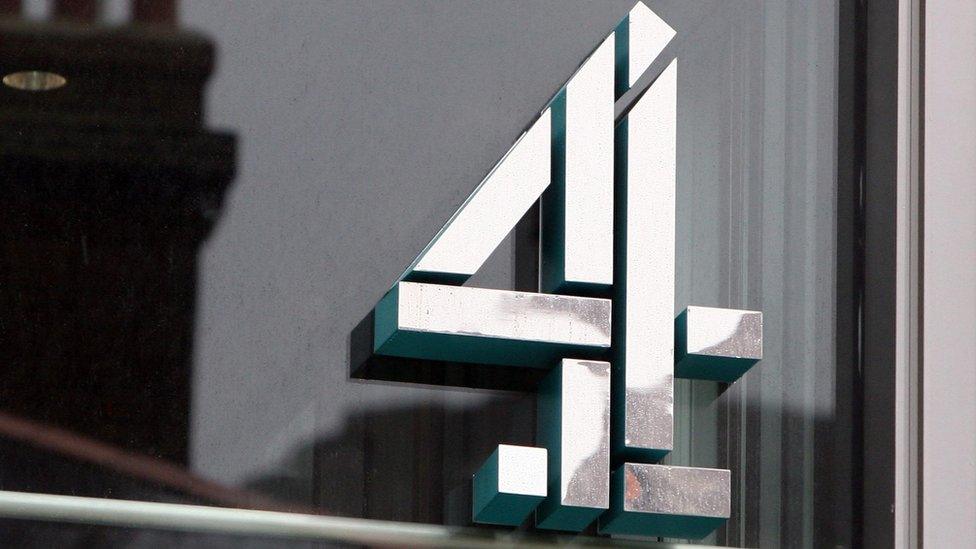
Programming director Ian Katz cited "the level of depth" of the news as one part of the schedule that may come under pressure, as well as programmes featuring under-represented voices.
He also pointed to shows like Sandi Toksvig's The Write Offs, about adult literacy; We Are Lady Parts, a sitcom about a female Muslim punk band; and Steph's Packed Lunch, which gives "investment in proper regional representation live in the schedule every day".

Follow us on Facebook, external or on Twitter @BBCNewsEnts, external. If you have a story suggestion email entertainment.news@bbc.co.uk, external.
Related topics
- Published22 June 2021

- Published7 May 2021

- Published29 April 2021
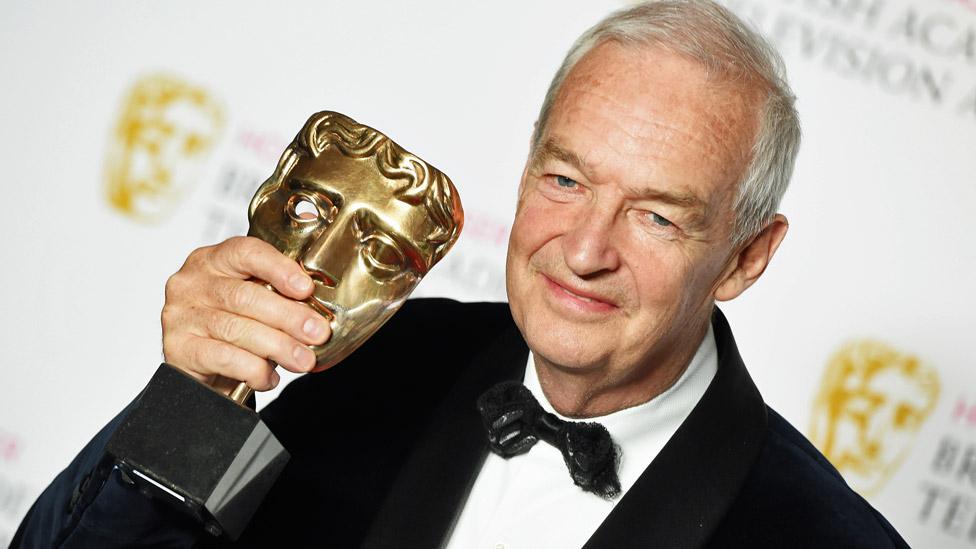
- Published2 February 2021

- Published25 January 2021
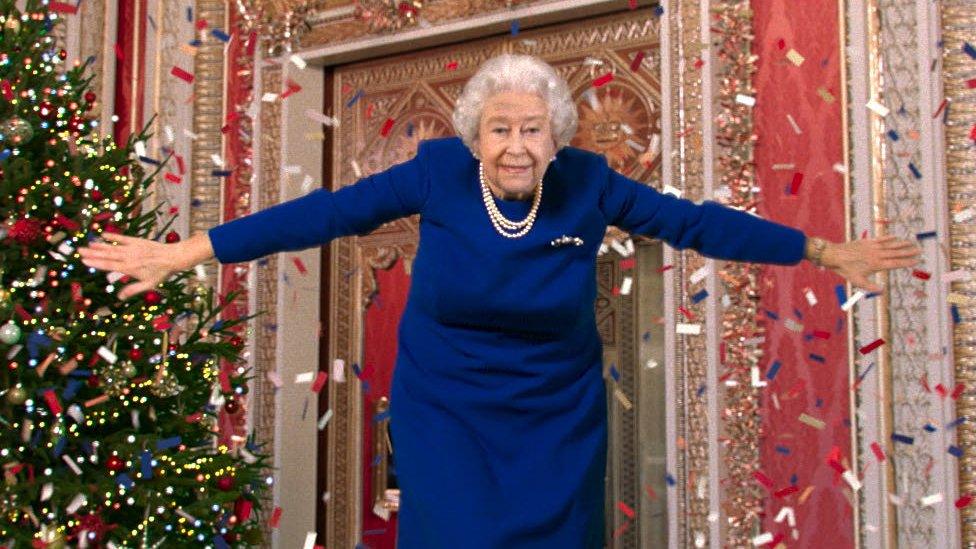
- Published29 October 2020
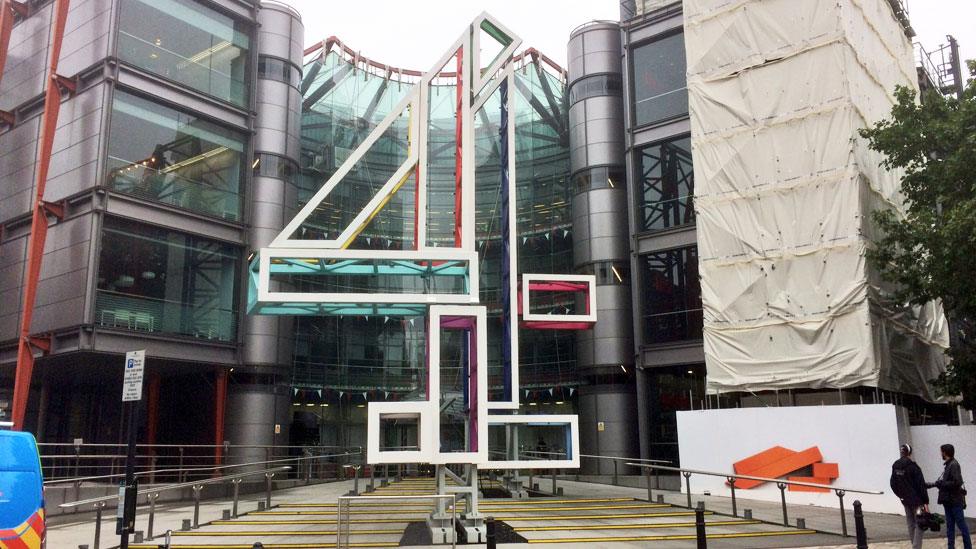
- Published14 October 2020
